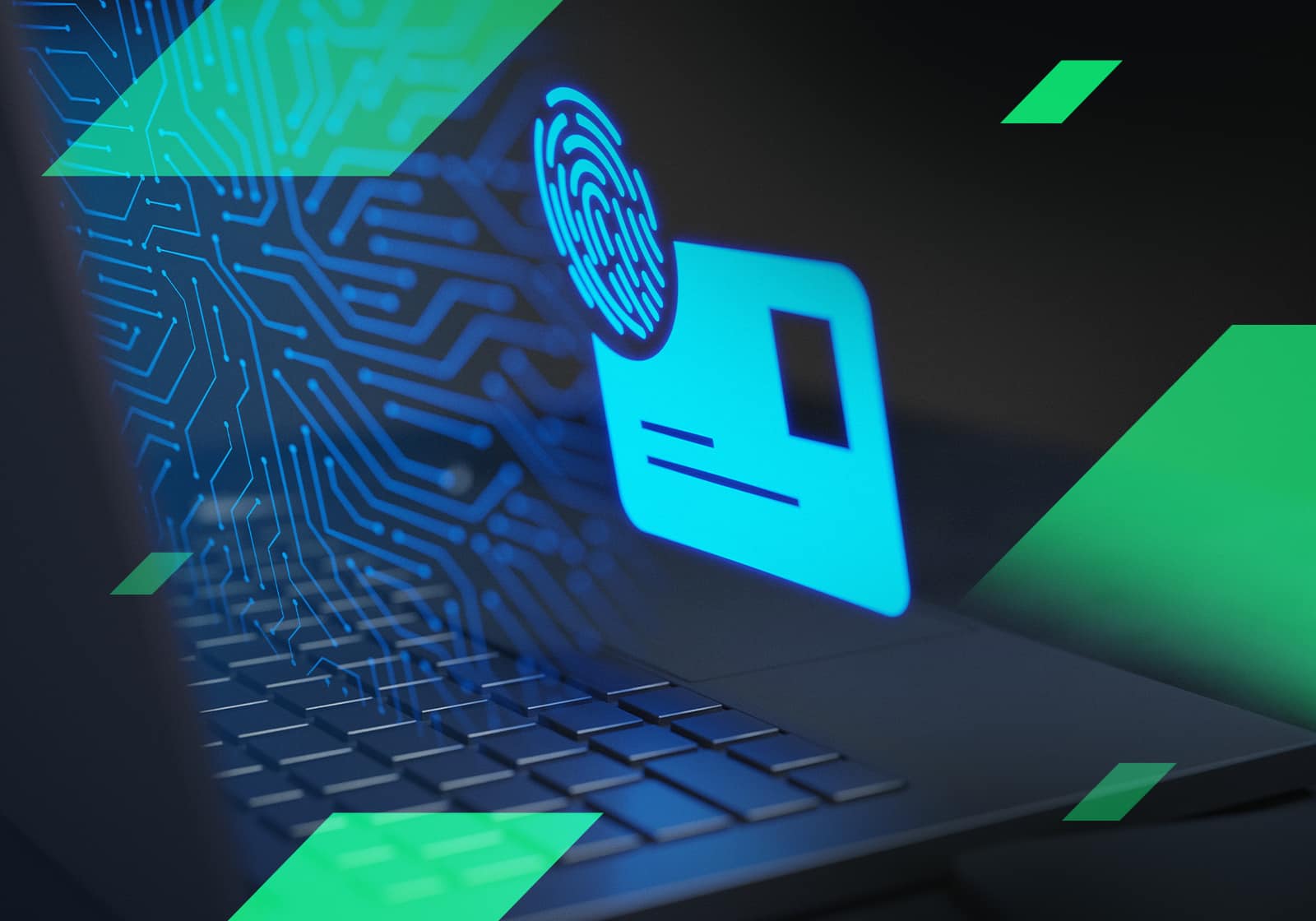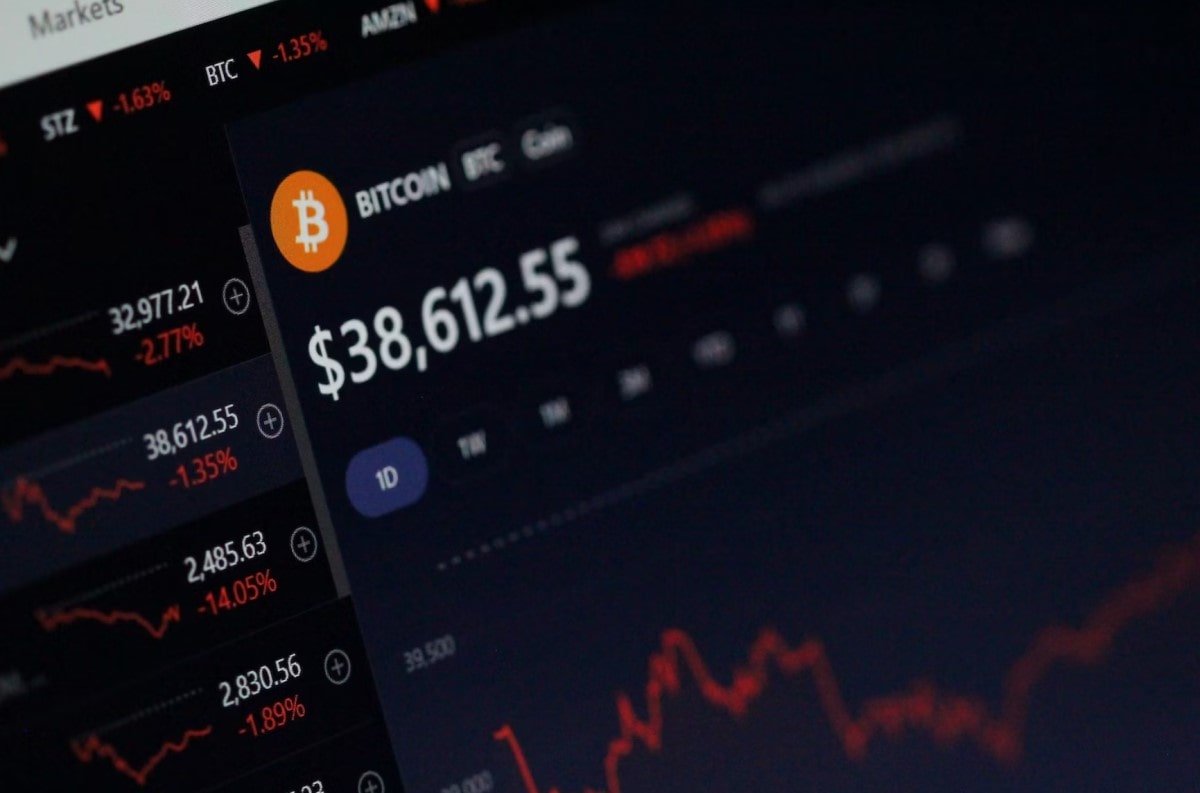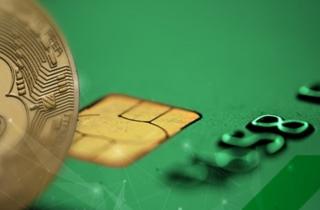Do I need DEX-trade KYC?

In the present era, safeguarding sensitive information has become more vital. One area where this necessity is exceptionally critical is the Know Your Customer (KYC) process. Conventional KYC solutions are centralised and dependent on third-party intermediaries. A novel approach has emerged: decentralised KYC solutions. This blog post will explore what KYC in trading is, the advantages of utilising DEX-trade KYC and how it can transform identity verification.
What is Decentralised KYC?
Know Your Customer (KYC) is a process widely employed by financial institutions to authenticate the identities of their customers. Its primary objective is to combat money laundering, financing of terrorism, and other forms of financial crimes by ensuring the legitimacy of customer identities.
It is worth noting that the KYC process is not exclusive to the crypto industry. Originating as a regulatory measure for traditional financial organisations like banks, it has now become a means to bring transparency and enhanced security to the world of cryptocurrencies.
During the KYC process, customers are typically required to provide personal details such as their name, address, date of birth, and a valid government-issued identification document. These details are verified through various methods, including document authentication, biometric checks, and cross-referencing against public records. Once the customer's identity has been successfully verified, they are granted access to the requested services, such as buying, selling, withdrawing, and lending cryptocurrencies.
Recognising that KYC is a legal obligation in many jurisdictions is essential. Non-compliance with KYC regulations can result in penalties for businesses, the suspension of activities, and even criminal prosecution.
A decentralised KYC process offers a streamlined and secure method to access the most up-to-date user information swiftly. This significantly reduces the effort required by agencies to gather data. By embracing decentralised KYC, we not only unlock the potential for institutional liquidity but also contribute to the growth of the Web3 ecosystem while fostering innovation. Implementing KYC enhances the reputation and stability of decentralised exchanges by effectively preventing fraudulent or malicious individuals from engaging in harmful activities, thereby safeguarding the interests of DEX users.
Benefits of KYC for decentralised exchanges

Even if decentralised exchanges are not immediately subjected to KYC and AML (Anti-Money Laundering) regulations, embracing the fundamental principles of KYC compliance can bring several significant advantages.
- KYC fosters customer trust. Decentralised exchanges are inherently designed to facilitate transactions between peers. However, the lack of knowledge about the other party makes it challenging to establish complete trust, as there is no way to trace the transaction in case of exploitation. This potential for fraudulent activities deters many potential users from engaging with decentralised exchanges. Implementing decentralised KYC protocols instils trust among users by providing an added layer of protection. Even if users may not know the counterparty's identity during a transaction, the understanding that the exchange has verified their identity brings a sense of security.
- KYC dispels the misconception that DEXs are solely for criminals. There is a prevailing perception among the general public that criminals primarily use decentralised exchanges due to their anonymity. News headlines highlighting incidents of scams and thefts in the "DeFi" space contribute to this negative perception. Implementing identity verification requirements diminishes the notion that the industry is solely associated with illicit activities and works towards rehabilitating its image.
- KYC advances the DEX industry as a whole. Both points above contribute to the overall progress of the decentralised exchange industry. By mitigating uncertainties that deter individuals, including institutional investors, from participating, decentralised KYC compliance enhances the likelihood of widespread adoption of decentralised exchanges. Consequently, the entire industry experiences growth and development.
- KYC mitigates legal risks. Decentralised exchanges must acknowledge the legal risks of operating in an unregulated space. Regulatory bodies can swiftly alter their stance and subject DEXs to KYC and AML regulations, similar to what occurred with cryptocurrency exchanges. Implementing KYC policies in advance, or having a framework prepared for seamless implementation when required, minimises the legal risks decentralised exchanges face.
How does crypto KYC work
Each bank conducts an independent customer identity check in the traditional KYC system. This process of verifying each individual's identity from scratch can be time-consuming. However, implementing blockchain architecture and Distributed Ledger Technology (DLT) enables the consolidation of information from various service providers into a secure and unchangeable database. The authenticity of this information can be verified without needing a third-party intermediary. With this technology, it becomes possible to establish a system where identity verification only requires a single KYC procedure.
The basic steps involved in crypto KYC verification are as follows:
- Request and authenticate an official identity document containing personally identifiable information.
- Verify that the individual undergoing the KYC process matches the person depicted on the provided identity document.
- Conduct identity checks against official databases, including politically exposed person (PEP) lists, to restrict access to sanctioned individuals.
What is KYC in trading

Know Your Customer (KYC) is a crucial process implemented by cryptocurrency exchange platforms to authenticate the identity of their customers. KYC checks to ensure that individuals engaging in cryptocurrency transactions are who they claim to be, thereby preventing anonymous transactions and creating and misusing crypto accounts or wallets.
When individuals open an account on cryptocurrency platforms or when there are changes to the previously provided information, KYC data is requested to prevent any form of misuse. The adoption of KYC procedures extends beyond merely creating a database of users on crypto exchanges and investment platforms; it aims to eliminate the anonymity associated with the industry.
Even before introducing new regulatory frameworks, numerous European companies in the crypto sector have already implemented KYC policies to enhance user confidence during transactions on their platforms and prevent unmonitored purchases.
KYC vs No-KYC difference
No-KYC DEX enables users to engage in financial transactions without undergoing identity verification. This means that users can register on these exchanges without providing KYC information, but they may encounter limitations such as reduced withdrawal limits and restricted functionalities.
One of the primary motivations for utilising no-KYC DEX is privacy. Users must disclose personal details with KYC DEX, like their name, address, and identification documents. Such information is stored on the exchange's servers, potentially exposing users to the risk of personal data breaches.
Decentralised exchanges without KYC are generally considered less secure than their regulated counterparts. They typically lack the same level of consumer protection that regulated exchanges provide. In the unfortunate event of an exchange bankruptcy or closure, users may permanently lose access to their funds without recourse.
Does Dex-Trade require KYC?
Centralised exchanges (CEXs) are bound by various cryptocurrency regulations, which often necessitate their compliance with Know Your Customer (KYC) and Anti-Money Laundering (AML) requirements. Consequently, CEXs frequently request users to undergo ID verification procedures. On the other hand, decentralised exchanges (DEXs) prioritise user anonymity and, as a result, do not mandate ID verification. Therefore, a DEX is ideal if you seek a solution for buying cryptocurrency without undergoing KYC.
What do I need to start DEX trading?
To initiate trading on a decentralised exchange (DEX), you need to follow these steps:
- Select a suitable DEX. Research and compare various DEXs to find the one that offers the cryptocurrencies you want to trade. Each DEX may have different features and fees, so choose the one that aligns with your requirements.
- Set up a digital wallet. Create a digital wallet to store your cryptocurrencies securely. Most DEXs require users to have a digital wallet for holding their assets. You can opt for a software wallet on your computer or a mobile wallet on your phone. Ensure that the chosen wallet is compatible with the selected DEX.
- Transfer cryptocurrencies to your wallet. To begin trading on a DEX, you must have some cryptocurrencies in your wallet. Acquire them from a regular exchange or another individual already possessing the desired cryptocurrencies.
- Connect your digital wallet to the DEX. Follow the instructions provided by the DEX to establish a connection between your digital wallet and the exchange platform. This step is typically necessary for trading purposes. Adhere to the recommended security measures to safeguard your wallet.
- Start trading. You can commence trading once your wallet is successfully linked to the DEX. Explore the available markets on the platform and place buy or sell orders based on your preferences. Familiarise yourself with the specific interface and features of the DEX you are using before engaging in trading activities.
Tags
Try our Bitcoin Cloud Miner and get additional crypto rewards based on your trading volume. It's immediately available upon registration.
Try our Bitcoin Cloud Miner and get additional crypto rewards based on your trading volume. It's immediately available upon registration.
FAQ
Is trading on a DEX safe?
In contrast to centralised exchanges (CEXs), decentralised exchanges (DEXs) operate without the involvement of a central authority or third party. This distinction gives users complete control over their funds stored or traded on DEXs, leading to higher security than CEXs.
What is the Dex-Trade fee on StormGain?
On StormGain, trading is commission-free. Only profitable trades are subject to a profit share of 10%.
Why do people use DEXs?
Decentralised exchanges (DEXs) operate outside the scope of government regulations, financial requirements, and monitoring. Traders directly interact with each other on a peer-to-peer basis, eliminating the need for intermediaries to verify transactions. This absence of intermediaries leads to reduced transaction costs and faster trade execution. Additionally, DEX users have complete control over their private keys, enabling self-custody of their assets and minimising the risk of hacking.
Anonymity is another crucial advantage of DEXs over centralised exchanges (CEXs). DEXs do not impose login procedures, Know Your Customer (KYC) requirements, or requests for personal documents. Furthermore, DEXs offer a wider range of tokens often unavailable on CEXs.
What is the risk of using Dex?
The key risks of using Dex include the following:
- Security. While decentralised exchanges offer control over private keys, there are still concerns about managing assets securely. Users must take responsibility for the safety of their funds, which may discourage widespread adoption compared to centralised exchanges that offer custodial services.
- Front Running. Decentralised exchanges face the risk of miners or mining pools gaining early access to transactions, enabling market manipulation. Recent incidents involving trading bots scraping millions of dollars highlight the importance of addressing this risk.
- Liquidity. Decentralised exchanges need more liquidity due to information gaps for non-expert users and lower trading volumes than centralised exchanges. The decentralised nature of these exchanges and issues with interoperability further contribute to liquidity risks.
- Limited Recovery Ability. Decentralised exchanges need the ability to recover lost or stolen funds, and there needs to be a support team to assist with issues like lost private keys. The absence of a KYC process and the nature of smart contract-based models make a recovery challenging.
- Limited Support for Trading. Decentralised exchanges often need more advanced trading functionalities such as lending, stop losses, and margin trading, limiting their appeal to traders. These exchanges have primarily focused on simple buying and selling orders.
- Scalability. Decentralised exchanges built on blockchain networks, like Ethereum, face scalability issues and network congestion. With scaling solutions, decentralised exchanges can handle increased trading volumes and achieve mainstream adoption.
Is MetaMask a Dex?
MetaMask is a decentralised wallet that serves as a software-based solution for storing and managing cryptocurrencies and NFTs (non-fungible tokens). As a non-custodial wallet, MetaMask grants users complete control over their private keys, ensuring a secure and private environment for storing their digital assets.



